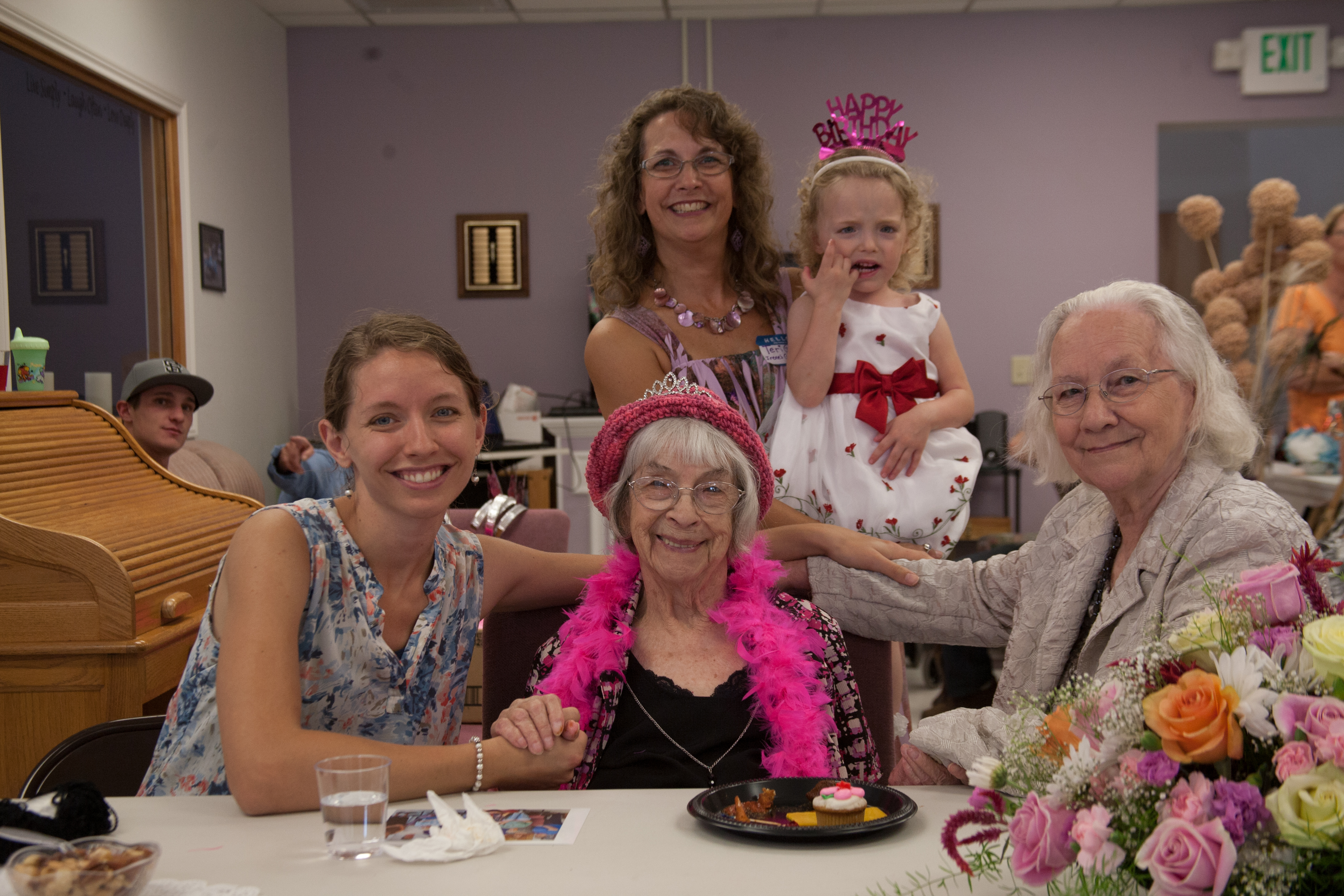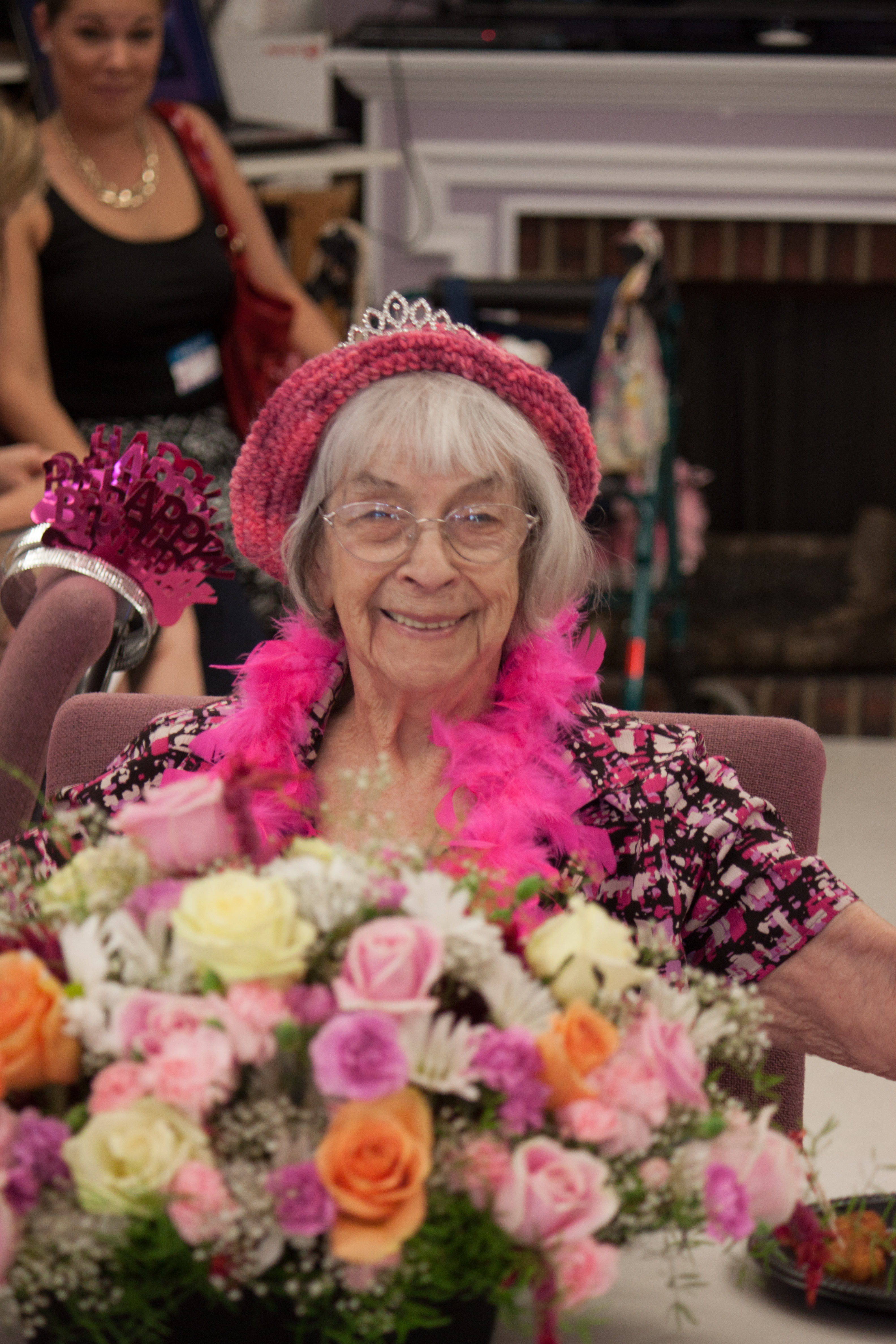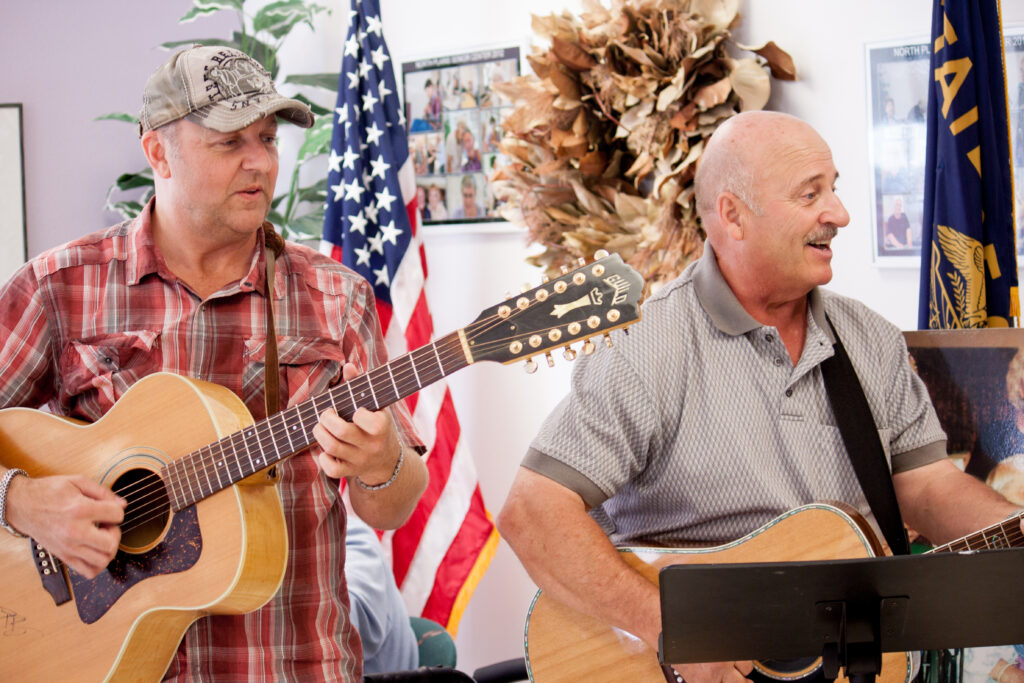When Burdens are Too Much to Bear

It hurts!
My face ached. It felt crushed under my heavy spirit. War, death, illness, and more death crammed the margins of my prayer journal. People I cared about, people I loved were suffering. Scattered out of my reach across the globe, the only way I could serve them was through prayer. Praying without ceasing, empathizing with their pain, and wrestling with God to somehow lift them out had left me buried under their burdens. I wept.
I unloaded all my burdens in a Facebook post. Notifications started rolling in. At this point, I still felt the weight, but I also felt thankful that others were praying with me for those I loved and for my spirit to be lifted.
Then I heard His Spirit prompting me to make a trade.
“To console those who mourn in Zion, To give them beauty for ashes,
The oil of joy for mourning, The garment of praise for the spirit of heaviness.” Isaiah 61:3
I looked up Isaiah 61 and meditated there as a notification from Messenger came up on my phone; a sweet sister had sent me this same verse.
God calls us to bear one another’s burdens (Galatians 6:2). And many bore mine that day. Many commented they, too, felt spiritual oppression. I began praying for them also. The Prince of the Power of the Air was busy. Our battles were fierce. “For we do not wrestle against flesh and blood, but against principalities, against powers, against the rulers of the darkness of this age, against spiritual hosts of wickedness in the heavenly places.” (Ephesians 6:12)
Was I wrestling satan? God? Both? Was I wresting with God against the devil, or had I taken God on like Jacob refusing to let go until God blessed me? I think I did the latter, and that’s why I ached.
My heart and stomach craved comfort. I bought a loaf of fresh French bread to find relief. I gobbled down two thick slices slathered with butter so thick I left teeth marks in it. Yes, I sought the comfort of comfort food. It tasted marvelous. Was it God’s provision for my needs? I needed to taste and see the Lord was good in this time when He seemed so absent. Was it idolatry? Maybe. A day or two later, I confessed it as such.
Wrestling with God and demanding a blessing He’s already promised has consequences. Yes, Jacob prevailed, but he limped for the rest of his life. Maybe God wanted Him to slow down and remember His promises.
The physical pain I felt slowed me down that day. I was demanding God to fulfill His promises now. I wanted miracles! The only time such imploring succeeds is when we’re working on God’s timetable, like when Danial prayed for God to restore Israel after seventy years in exile. Daniel read Jeremiah’s prophecy and asked God to keep His promise. We can and should pray according to God’s Word, but if He hasn’t established the timing, we pray presumptuously to demand Him to do anything“now.”
As El Olim (the Everlasting God), He has all of time to complete His work and keep His word. As Adonai, He alone is Lord. Who am I to dictate to the great I AM when He should do anything? No wonder I hurt. By wrestling the All-Mighty for miraculous responses, I wore myself out. I took a nap, wondering why these trials felt so heavy when these bad things were not happening to my kids or me.
As I lay exhausted in bed, my face still throbbing, I thought of Jesus calling out to those who would follow Him, “Come to Me, all you who labor and are heavy laden, and I will give you rest. Take My yoke upon you and learn from Me, for I am gentle and lowly in heart, and you will find rest for your souls. For My yoke is easy and My burden is light.” (Matthew 11:28-30). So, why did it feel so hard?
Jesus doesn’t want us buried and paralyzed with pain. He wants to bear the weight (the heavy side of that training yoke in Matthew 11); the responsibility to save, heal, and bring peace is His, not ours. I begged for miracles when I needed to pace myself with prayer and waiting—trusting His will, not demanding mine—trusting Him as their Savior instead of trying to fill shoes far too big for me.
I confessed my entitlement attitude—my desire for miracles more than God’s will.

I laid down in bed that night as I had many before, praying for those going through fiery trials, but I no longer wrestled to twist God’s arm for my desired results. I felt peace, not pain. My spirit of heaviness lifted as He covered me and tucked me in with His garment of praise to trust Him with the outcomes.



